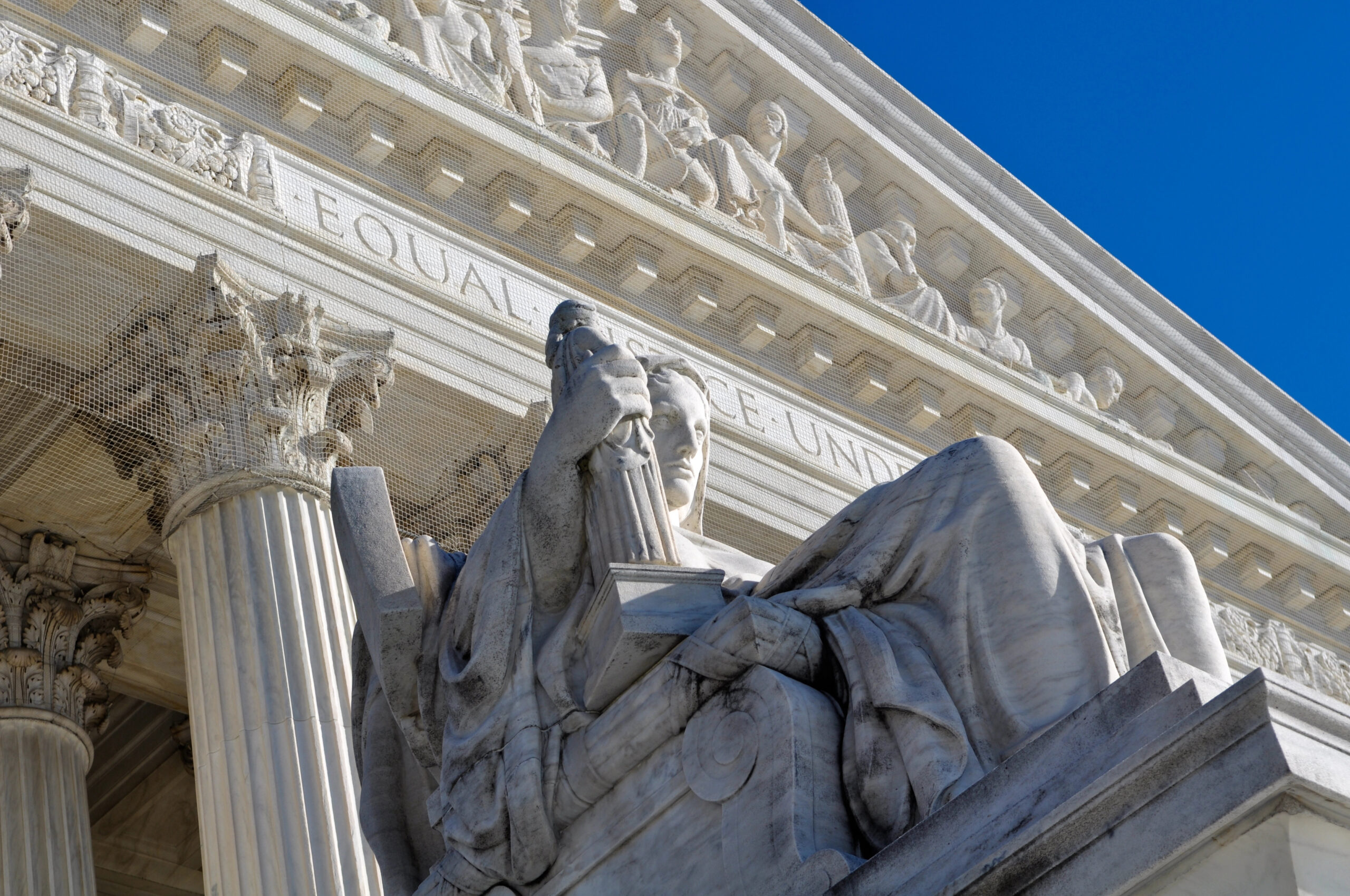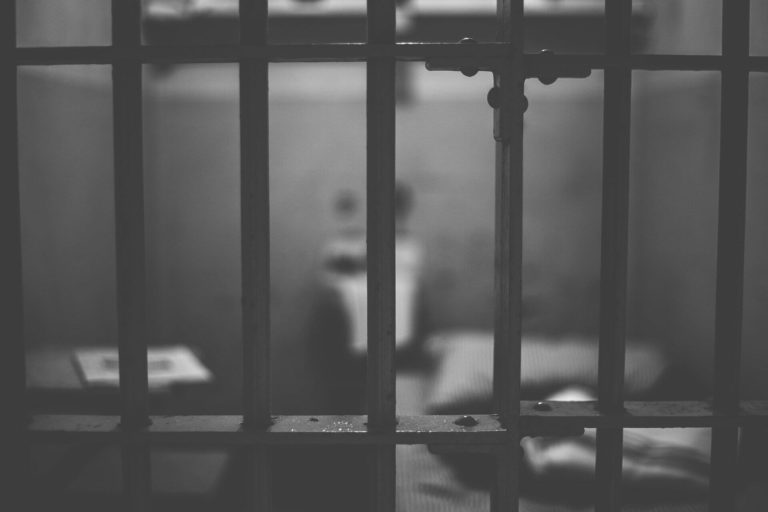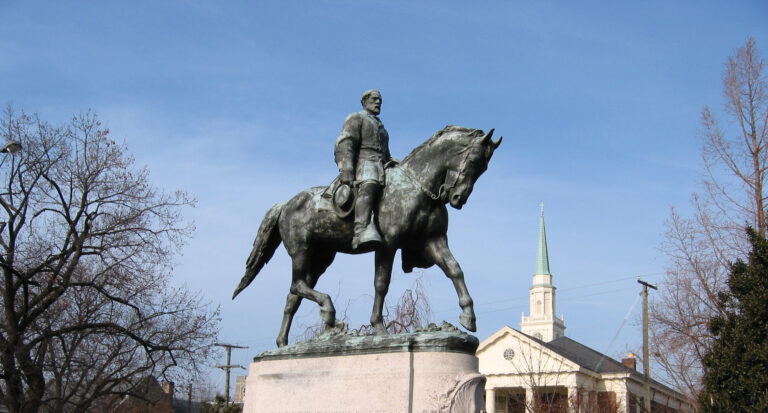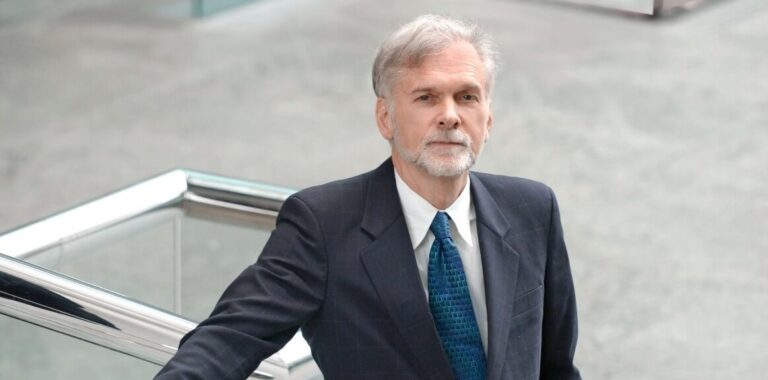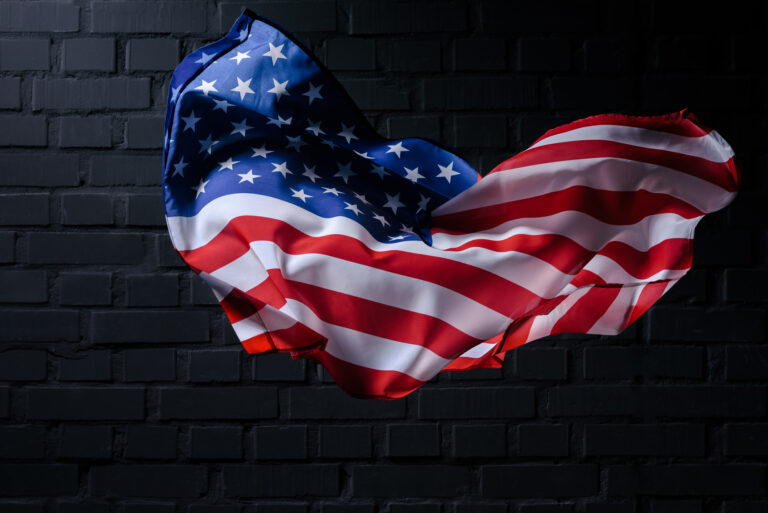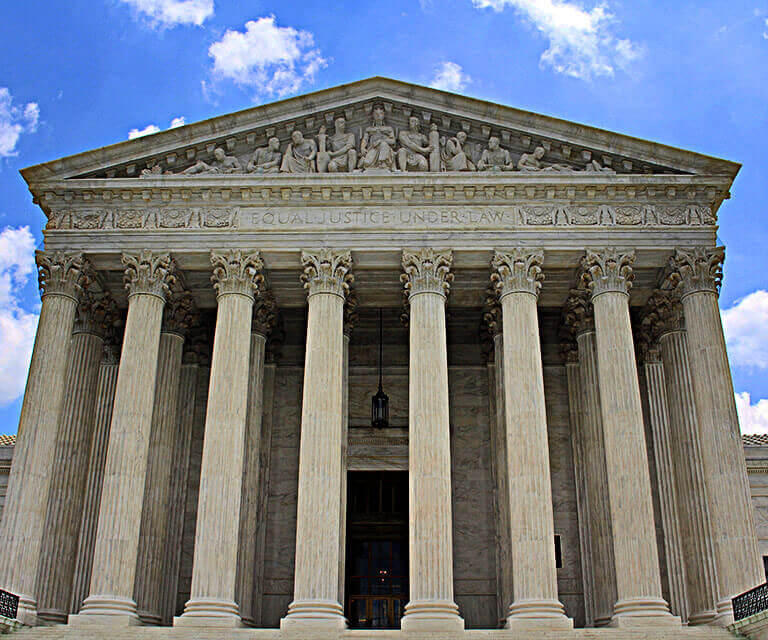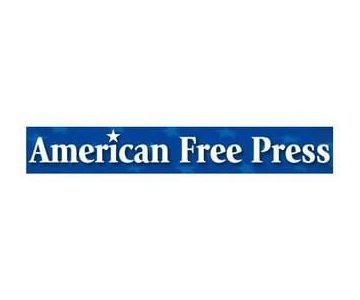FEF Attorneys File for Supreme Court Review in Balogh v. City of Charlottesville Case
By Glen Allen, Esq.
President, Free Expression Foundation
On February 15, 2025, Frederick C. Kelly, III, Esq. and Glen Allen, Esq. filed a petition for Writ of Certiorari on behalf of Warren Balogh to the United States Supreme Court in the case of Balogh v. City of Charlottesville, et al.
An electronic version of the petition can be downloaded here.
Mr. Balogh was among the protesters who arrived in Charlottesville, Virginia in August 2017 to participate in the Unite the Right (“UTR”) rally. In a complaint he filed in the District Court for the Western District of Virginia, Balogh alleged he was injured when the City of Charlottesville and its police officials pushed him and other protesters into close confines with violent counter-protestors, including ANTIFA, who attacked him and other protestors. According to Balogh’s allegations, the City and its police were ideologically aligned with the counter-protestors and exploited this orchestrated melee as a pretext to declare an unlawful assembly and shut down the rally.
Mr. Balogh’s complaint was unusually well-supported factually because it incorporated the Heaphy Report, a lengthy and detailed description of the UTR rally commissioned by the City itself. The District Court nonetheless dismissed the complaint. The Fourth Circuit then affirmed the District Court’s dismissal on the factitious rationale that “the First Amendment [does not] obligate police officers to protect the constitutional rights of protestors amid violence.”
The certiorari petition filed by Kelly and Allen on Balogh’s behalf argues that his case presents the following questions worthy of Supreme Court review:
Whether the First Amendment protects speech amid violence left deliberately unchecked by the local government because such violence serves as useful pretext to suppress speech the local authorities hate?
Whether this Court can ignore the extraordinary case of a local government which temporarily abdicates its monopoly on violence to ensure anarchic conditions enabling it to dishonor the First Amendment?
Whether the use of some defensive violence by protestors overwhelmed by government favored counter-protestors forfeits any First Amendment claim by any persons associated with the protestors?
Whether police officers who deliberately abdicate their responsibility to maintain order — and in fact take additional steps to foment more violence— are entitled to qualified immunity?
Whether a municipality escapes Monell liability where the final policy maker watches his police force enhance violent conditions by standing down in the face of known criminal anarchists?
The following excerpt from the petition (with some case citations omitted) is representative of the arguments it presents for Supreme Court review:
This Court has signalled that the First Amendment can “necessitate police protection” . . . . Drawing on this, the Sixth Circuit (among others) has come to the sensible conclusion that “[the First Amendment] may at times ‘necessitate police protection.’” Bible Believers v. Wayne Cnty., 805 F.3d 228, 250-51 (6th Cir. 2015).
But at what times is the protection necessary? Conversely, when are the police excused from providing it? The exact scope of police protection remains unclear. . . . . Petitioner respectfully submits that the Sixth Circuit decision in Bible Believers is faithful to the First Amendment: while the courts cannot presume to dictate precisely when and how law enforcement must extend protection, the record must disclose some bona fide effort.
The [Fourth Circuit opinion below] exploits this ambiguity to reach a radically different result: the First Amendment does not in fact necessitate police protection ever, not even when such violence — easily foreseen and indeed counted on by the state — comes primarily and overwhelmingly from the government’s own ideological allies. “Violence,” unspecified in terms of quantity, quality, and origin, is enough to abrogate any obligation by the state. In the Fourth Circuit, no effort equates to a bona fide effort, especially when that effort would interfere with the government’s inclination to suppress speech.
An interpretation of the First Amendment that places such little responsibility on the government to safeguard what is arguably our most fundamental right is not sustainable – especially in light of the facts revealed on this record. Worse still, the abstract question presented by the COA invites abuse by the government.
Violence cannot always be avoided (and it certainly cannot be avoided when the police press one group directly into another that is intent on fighting). In fact, sometimes, in order to ultimately check it, more violence is necessary, if only because superior force is the only thing that some men will respect. For that reason, if there is a government entity unscrupulous enough to league itself with criminal miscreants who are intent on using violence to suppress free speech rights, the criminals will always prevail to the detriment of free speech: their very lawlessness becomes the excuse for the corrupt government to suppress the speech of disfavored fellow citizens. In effect, the corrupt government benefits from the fact that it shares an ideological alliance with criminal elements.
Even more, those citizens who are targeted by both criminal miscreants and the corrupt government are placed between Scylla and Charybdis. Upon seeing that their government has relinquished the monopoly on violence, they have two options: they can resort to self-help and take matters into their own hands, or they can take a beating.
If they opt to take the beating, they can exercise no rights; in fact, they may end up forsaking the right to life itself. But if they take matters into their own hands the very violence which government inaction has necessitated will become a strike against them.
This is an impossible situation. No sane government demands Ulysses-like guile to negotiate the exercise of First Amendment rights, nor would it demand Bronze age prowess from its citizens to secure their own safety.
As this excerpt makes clear, the Balogh petition raises questions of critical importance, especially in the present era. The general acceptance rate of certiorari petitions by the Supreme Court is quite low, at approximately 5%. Mr. Kelly and Mr. Allen, however, believe the prospects for Mr. Balogh’s petition are considerably higher than the average, given the magnitude of the questions it raises and the many conflicts in the federal circuit courts of appeal on these questions. The petition, if granted, will have a major impact on the future of First Amendment rights of freedom of assembly and speech.
The printing costs for the petition, together with a small fee to Mr. Kelly (a tiny fraction of what an attorney of his skill merits) has amounted to about $5000. Any donations (which are tax deductible) to defray the cost of this worthy cause will be gratefully received. It has perhaps become a bit of a cliché, but it is nonetheless true that freedom is not free, so we must all do our parts to preserve it.

